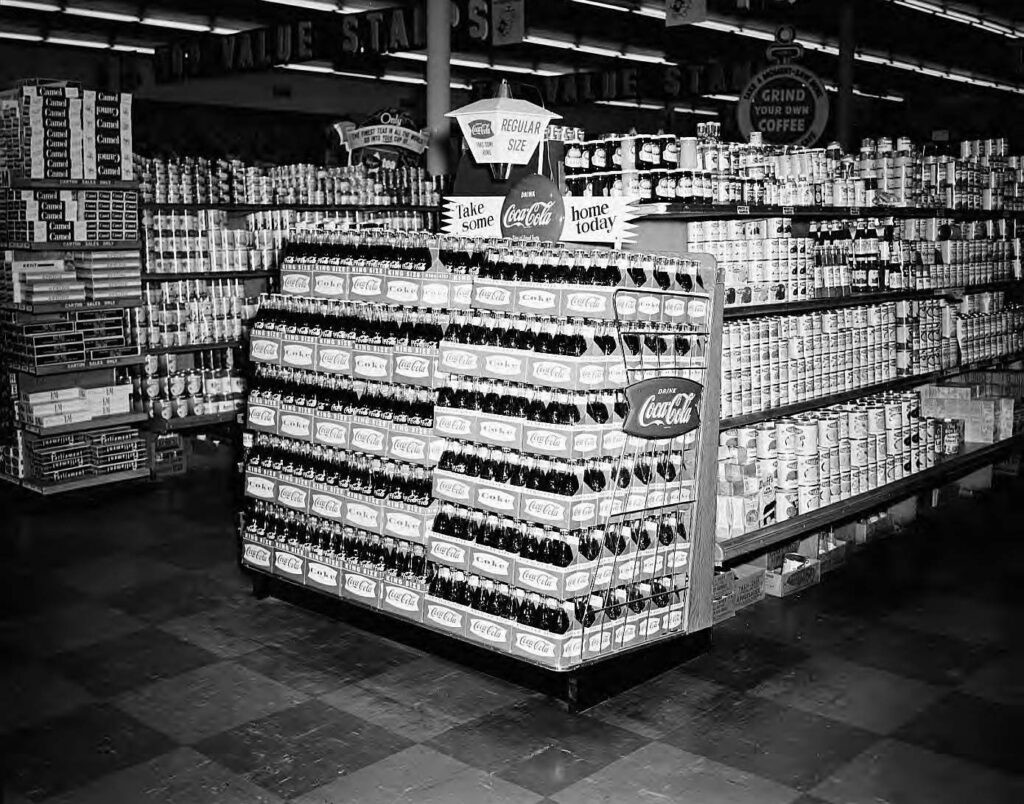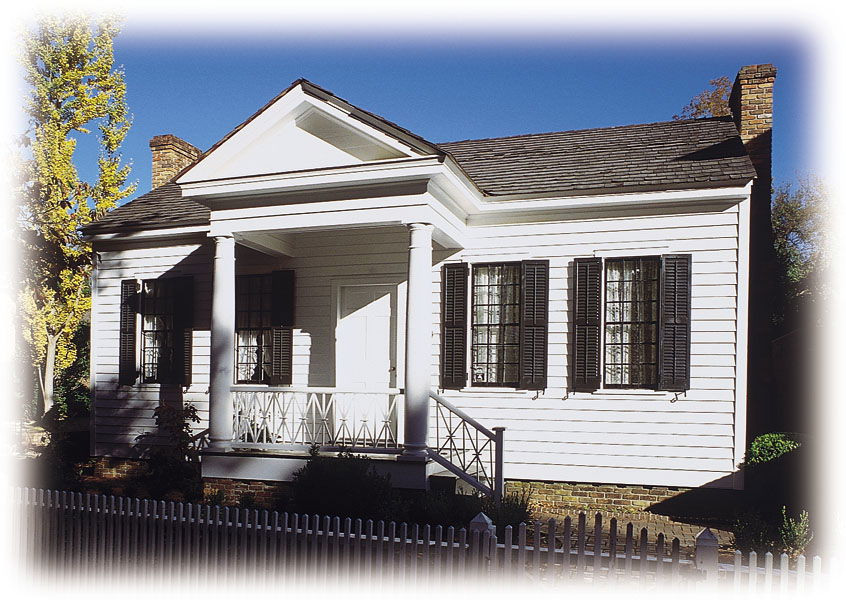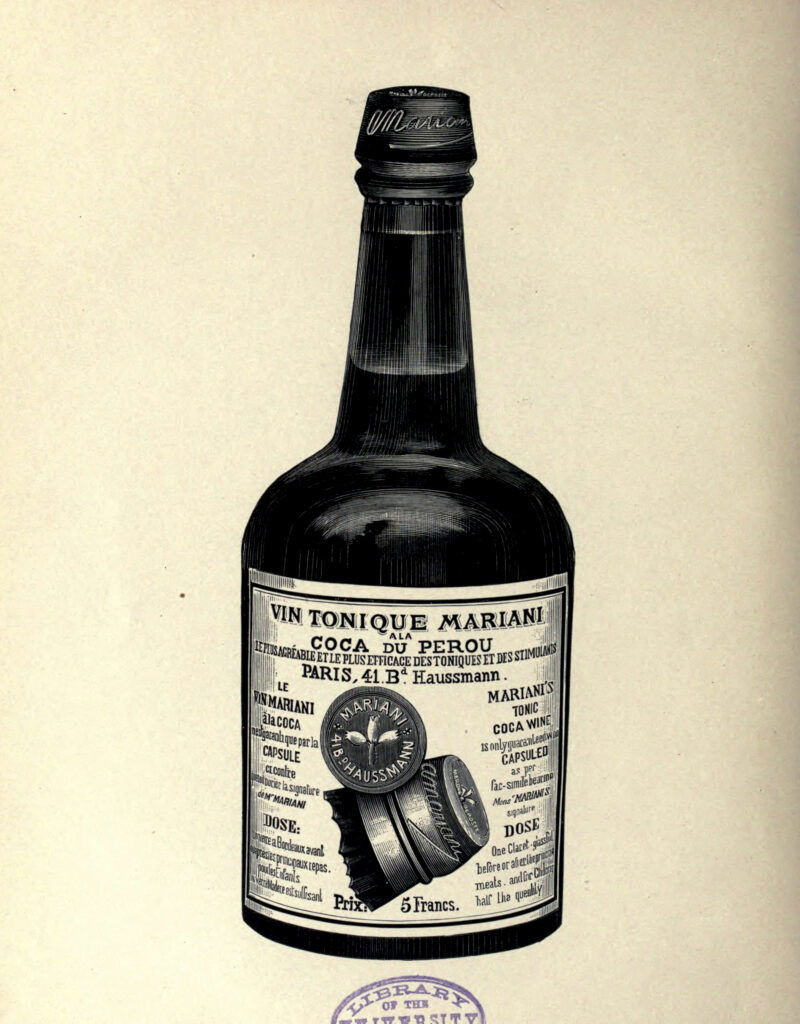John Stith Pemberton, a name synonymous with innovation and enterprise, is best known as the pharmacist who concocted the globally recognized beverage, Coca-Cola. While celebrated for this iconic creation, Pemberton’s legacy extends far beyond a soft drink. He was a distinguished figure in Georgia’s medical community, a pioneer in medical chemistry, and a dedicated advocate for public health. His profound impact resonates even today through the laboratories he established, now integral to the Georgia Department of Agriculture, championing consumer safety and agricultural integrity.
The Formative Years of a Budding Chemist
Born on January 8, 1831, in Knoxville, Crawford County, Georgia, John Pemberton’s early life unfolded in Rome, Georgia, where his family resided for nearly three decades. His pursuit of knowledge led him to the Reform Medical College of Georgia in Macon, where he immersed himself in the study of medicine and pharmacy. By 1850, at the young age of nineteen, Pemberton earned his license to practice medicine based on Thomsonian principles. This approach, emphasizing herbal remedies and detoxification, distinguished him within the medical landscape of the time, though it was often met with skepticism by conventional practitioners. He began his medical practice in Rome and its surrounding areas before relocating to Columbus in 1855. In Columbus, he established a wholesale-retail drug business, channeling his expertise into materia medica, the study of medicinal substances. Furthering his qualifications, Pemberton obtained a graduate degree in pharmacy prior to the Civil War, although the specific details of this achievement remain undocumented, underscoring his lifelong commitment to pharmaceutical excellence.
 Coca-Cola Bottles
Coca-Cola Bottles
Pioneer in Pharmaceutical Manufacturing and Chemical Analysis
John Pemberton’s ambitions extended beyond traditional pharmacy practice. His establishment in Columbus, J. S. Pemberton and Company, stood out as a unique analytical and manufacturing laboratory in the antebellum South. The company proudly declared itself as “direct importers,” engaged in manufacturing a wide array of “pharmaceutical and chemical preparations used in the arts and sciences.” Founded in 1860, the laboratory was equipped with state-of-the-art equipment, valued at approximately $35,000 – a significant investment for the era. Some of this equipment was even designed and patented by Pemberton himself, showcasing his innovative spirit. Relocating to Atlanta in 1869, the laboratories continued to impress. An observer from the Atlanta Constitution lauded it as “one of the most splendid Chemical Laboratories that there is in the country,” highlighting its crucial role in advancing chemical and pharmaceutical practices in the region.
 Pemberton House
Pemberton House
From Battlefield to Beverage Innovation
Pemberton’s life was not solely confined to the laboratory and pharmacy. He served with distinction as a lieutenant colonel in the Third Georgia Cavalry Battalion during the Civil War, facing near-fatal injury in the Battle of Columbus in April 1865. Post-war, he became a key partner in Pemberton, Wilson, Taylor and Company in Atlanta, where he moved in 1870. His commitment to medical advancement led him to become a trustee of the Atlanta Medical College (later Emory University School of Medicine) in 1872. Expanding his business interests, Pemberton established a venture in Philadelphia, Pennsylvania, to facilitate the large-scale production of his pharmaceutical brands. His dedication to his profession was further solidified through his six-year tenure (1881-87) on the inaugural state examining board for pharmacists in Georgia, contributing to the standardization and regulation of pharmacy practices in the state. Despite being hailed by Atlanta newspapers as “the most noted physician Atlanta ever had,” it was Pemberton’s laboratory prowess that ultimately defined his enduring legacy, culminating in the creation of Coca-Cola.
The Serendipitous Creation of Coca-Cola
In the years leading up to Coca-Cola’s meteoric rise, Pemberton’s French Wine Coca enjoyed considerable popularity in Atlanta and across the Southeast. This beverage, a precursor to Coca-Cola, was the subject of an inquiry by an Atlanta Journal reporter in 1885. Pemberton described it as “composed of an extract from the leaf of Peruvian Coca, the purest wine, and the Kola nut,” positioning it as a superior tonic that aided digestion, energized respiration, and fortified the muscular and nervous systems. He drew parallels to the coca plant’s revered status among South American Indians and its association with enhanced physical and mental capabilities. Pemberton openly acknowledged the inspiration from Vin Mariani, a celebrated French coca wine created by Mariani and Company of Paris, which had been a prominent erythroxylon coca preparation since 1863.
 Vin Mariani Bottle
Vin Mariani Bottle
The advent of prohibition in Atlanta in 1886, which prohibited the sale of wine, prompted Pemberton to innovate. He reformulated his French Wine Coca, removing the wine and substituting it with sugar syrup. He then coined the name “Coca-Cola,” marketing it as an ideal “temperance” drink. Recognizing the need for investment to broadly distribute this non-alcoholic version, Pemberton formed a company. He entrusted his son Charles with the manufacturing of Coca-Cola, and with the eventual repeal of prohibition in 1887, he resumed production of French Wine Coca. Pemberton announced his retirement from active medical and pharmaceutical practice to focus entirely on promoting his beverages, selling his drugstores to dedicate himself fully to this new venture. Businessmen recognized the potential and invested in the Coca-Cola Company, agreeing to a royalty of five cents per gallon of Coca-Cola sold to Pemberton. True to his entrepreneurial spirit, Pemberton initiated the process of incorporating the Coca-Cola Company in March 1888. Tragically, just months later, on August 16, 1888, John Stith Pemberton passed away at his Atlanta home.
A Pharmacist’s Lasting Impact
The profound respect John Pemberton commanded in his community was evident in the collective mourning that followed his death. On the day of his funeral, Atlanta’s pharmacists closed their businesses as a mark of respect, and Coca-Cola sales in the city ceased entirely for the day. Atlanta newspapers eulogized him as “the oldest druggist of Atlanta and one of her best known citizens.” His body was transported to Columbus for burial, where he was laid to rest among family and admirers. While John Pemberton is globally recognized as the inventor of Coca-Cola, his fundamental identity remained that of a pharmacist and chemist. His contributions extended to significant advancements in pharmaceutical manufacturing, chemical analysis, and public health advocacy. The laboratories he established not only revolutionized agricultural chemical regulation in Georgia but also stand as a testament to his enduring legacy as a pioneering pharmacist whose impact continues to be felt worldwide.
